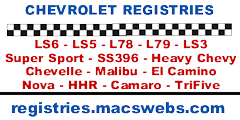|
|
|
|
|
|
|
|
|
Facts/Trivia - 1967
»» All 1967 station wagon and El Camino body styles have vented gas caps, all others have non-vented caps.
»» All Chevelles, including Canadian-built, VINs continued with the division, series, body style, and year such as 136177. See the 1967 VIN page for more information.
»» The first year the heavy duty 3-speed Turbo Hydra-Matic 400 automatic transmission was offered in the Chevelle lineup but only with a 396 cid engine.
»» A front bench seat and H.D. floor-shifted 3-speed transmission was standard on the SS 396. Bucket seats were optional on the SS 396 and could be ordered on the Malibu sport coupe, Malibu convertible, and the Malibu series sedan pickup (13680) as well.
»» Gauges (RPO U14) were optional in 1967 and could be ordered on both SS 396 series Chevelles as well as any V8 Malibu sport coupe, convertible, or sedan pickup and included oil pressure, water temperature, ammeter, and tachometer.
»» The tachometer (RPO U16) could be ordered individually in 1967 and could be ordered any V8 Chevelle. Neither the tachometer nor gauges were standard with the SS 396 series so "SS gauges" is a misnomer. 1967 was the last year the tachometer could be ordered individually under RPO U16.
»» The base SS 396 engine continued to be rated at 325hp but the optional RPO L34 version was downgraded from 360hp to 350hp. The 375hp L78 was discontinued for the first part of the production year and only reemerged in the March/April time frame. Due to lack of advertising on the option only 612 L78s were sold in 1967 Chevelles.
»» The same three 396 engines were also available in the 300 Deluxe and Malibu series sedan pickup but there was not an SS 396 El Camino in 1967.
»» No M22 H.D. Muncie 4-speed transmissions were sold in Chevelles in 1967, the only manual 4-speed options were the M20 and M21.
»» The L79 327 engine made its return in 1967 but now with an advertised horsepower rating of 325hp instead of the 350hp from 1965. Chevrolet felt the L79 engine might cut into the sales of the SS 396 if the horsepower remained at 350hp.
»» The second and last year the Malibu and SS 396 sport coupe used the body type designation of "17" for the 'strut back' top design.
»» All sedan pickups now use the same dash as other Chevelles, with regard to badging and trim, i.e. the Malibu series sedan pickup received the same Malibu script bezel above the glove box as other Malibu series Chevelles.
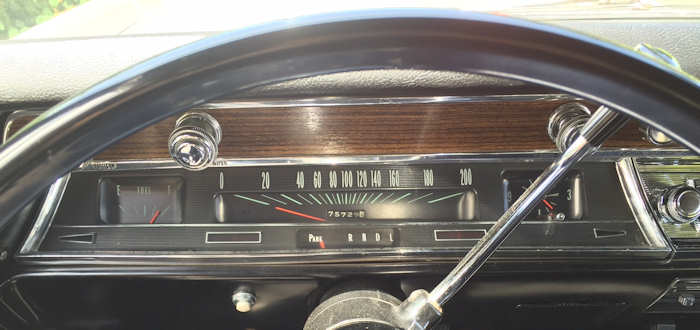
»» Chevelles built for export to countries using kilometer per
hours speeds have a 0-200kph speedometer.
Rear Tail Panel
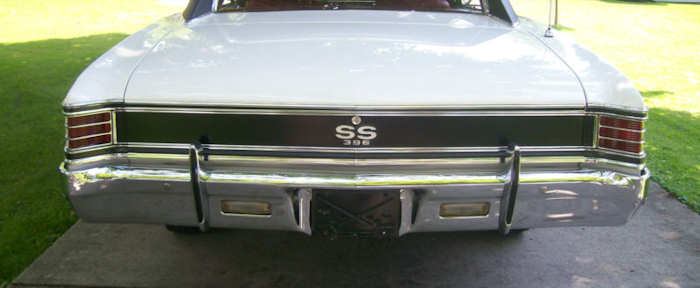
»» The blacked-out rear cove returned for all SS 396 Chevelles. SS 396
sport coupes and convertibles were also blacked out between the rear
cove's top trim and weather-strip in the trunk.
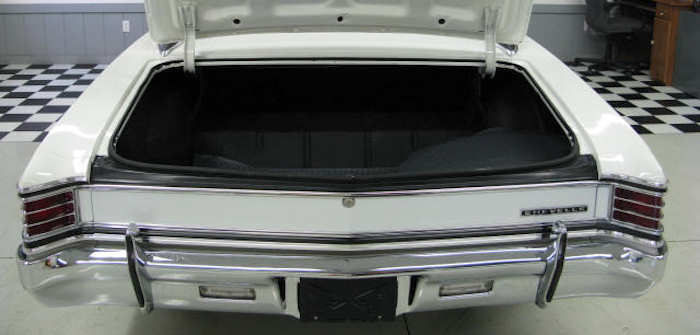
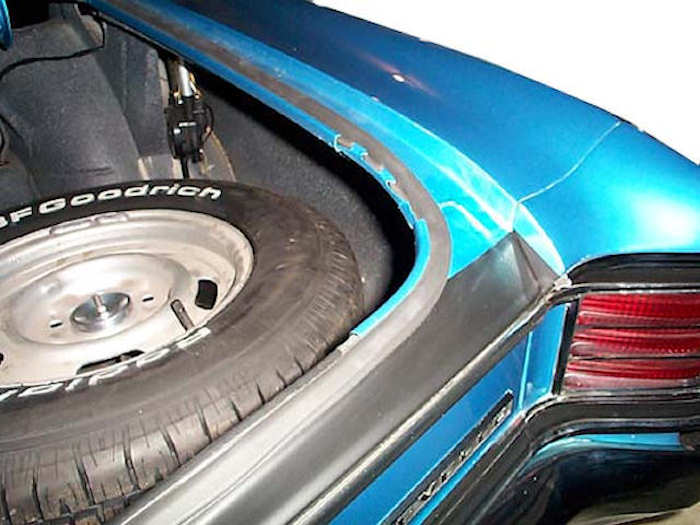
»» Just like SS 396 Chevelle sport coupes and convertibles, the area just above the cove extending
into the trunk was also blacked out and not only on the SS 396 series
but all Malibu series, except pickup and wagons, as well.
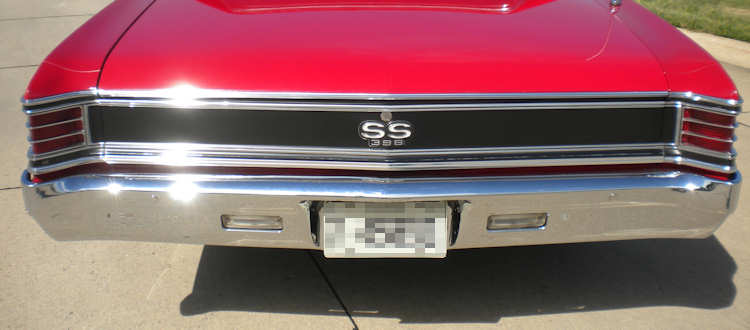
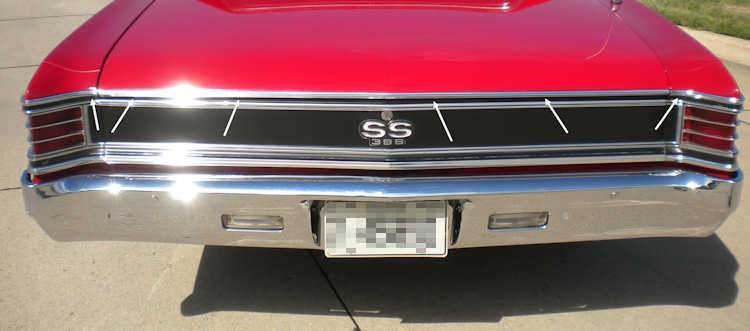
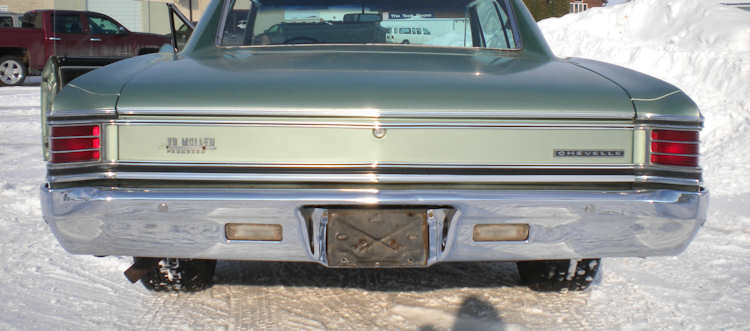
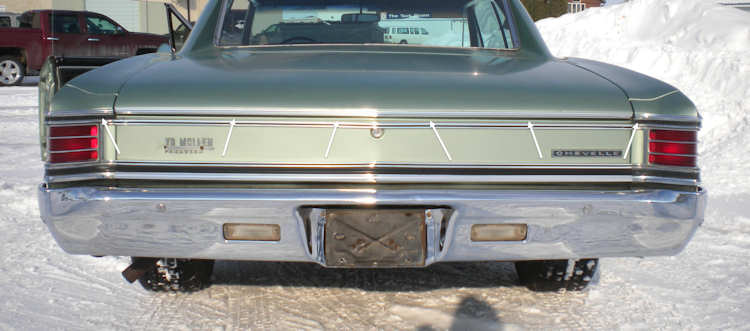
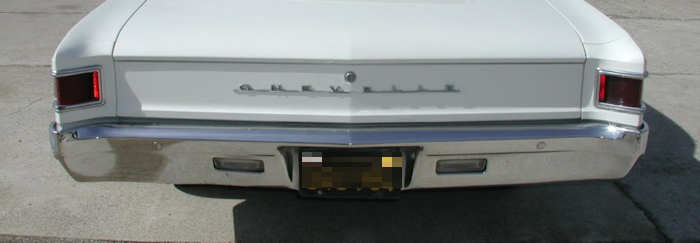
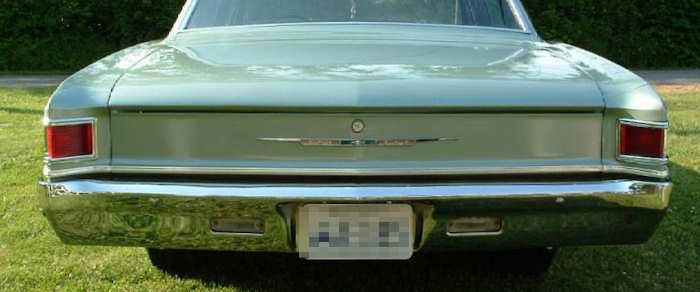
Neither the 300 (top photo here) nor 300 Deluxe (lower photo here) are
treated to this blackout paint since the tail lamp housings do not have
the same trim and do not have trim surrounding the tail panel or on
the trunk lid itself.
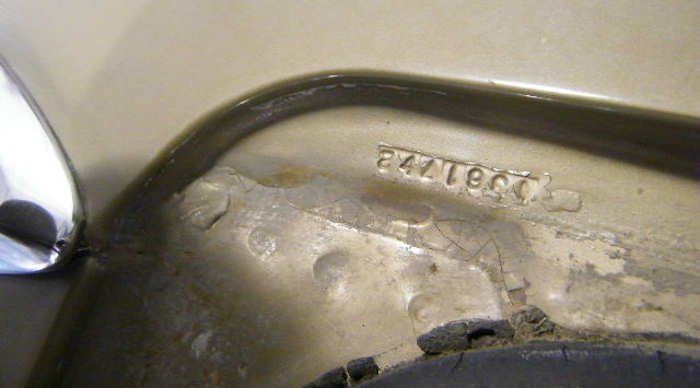
»» The 7-digit number found stamped in the gutter of the trunk
is not, repeat NOT, a partial VIN. The first 5 digits represent the
series (such as 13617 or 13817) because these two series differed in
the stamped trim holes. The last 2 digits of the number represent the
week of the calendar year the panel was stamped. Sometimes the 5-digit
series number will follow the 2-digit week number. It just depends on
how they set up the stamp dies that week. The number "24" indicates
the 24th week of the calendar year.
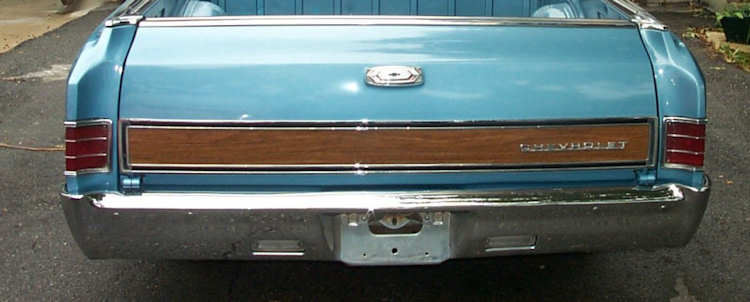
The Malibu series El Camino, or "Custom El Camino" included faux
wood grain appliqué on the tailgate that matched the faux
wood grain appliqué on the dash strip. The 300 Deluxe series
El Camino tailgate was devoid of any trim except for the "CHEVROLET"
emblem.
Grille

The 1967 Chevelle came with one of three different grilles depending
on the model. The 300 series, 300 Deluxe series, and Malibu series grille
has three rows of three bright horizontal bars and the cutouts are rectangular
in shape. There is also the provision for an emblem unit centered on
the topmost horizontal bar.

The SS 396 differs from the 300/300 Deluxe/Malibu grille and only has
two rows of two bright horizontal bars and the cutouts extend to the
headlamp bezel. There are no provisions for an emblem on the topmost
horizontal bar.

The third grille came with the 137/13835 Concours station wagon. This
grille sports the same two rows of two bright horizontal bars and cutouts
like the SS 396 grille but DOES come with provision for the emblem on
the topmost horizontal bar.
Headlamp Bezel/Grille Extension
The headlamp bezel and grille extensions also differ between the 300/300 Deluxe/Malibu series and SS 396/Concours station wagon series. While the 300/300 Deluxe/Malibu pieces continue the three rows of three bright horizontal bars, the SS 396/Concours station wagon continue with the two rows of two bright horizontal bars.
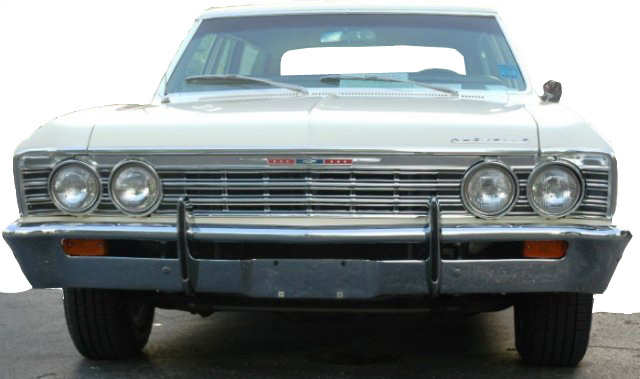
300/300 Deluxe/Malibu grille/headlamp bezel/grille extensions

SS 396 grille/headlamp bezel/grille extensions
Unfortunately all aftermarket headlamp bezels and grille extensions sold today are for the 300/300 Deluxe/Malibu series and must be repainted to be correct for the SS 396/Concours station wagon - something many owners do not do.
TH400 vs. Manual/Powerglide Propeller Shaft U-Joint Mount
** The TH400 front yoke in the rear end is different from the Powerglide and manual yoke. The first image below is a non-TH400 yoke - note the propeller shaft rear u-joint uses two U-bolts and nuts to secure the propeller shaft where the second image is for a TH400 and uses two straps with two bolts each to secure the propeller shaft.
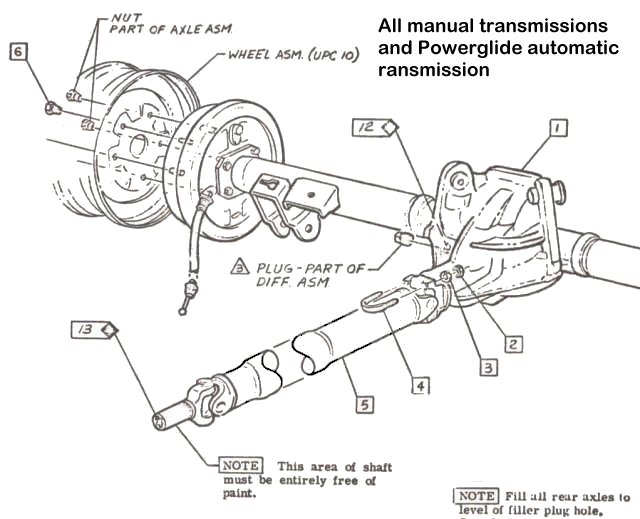
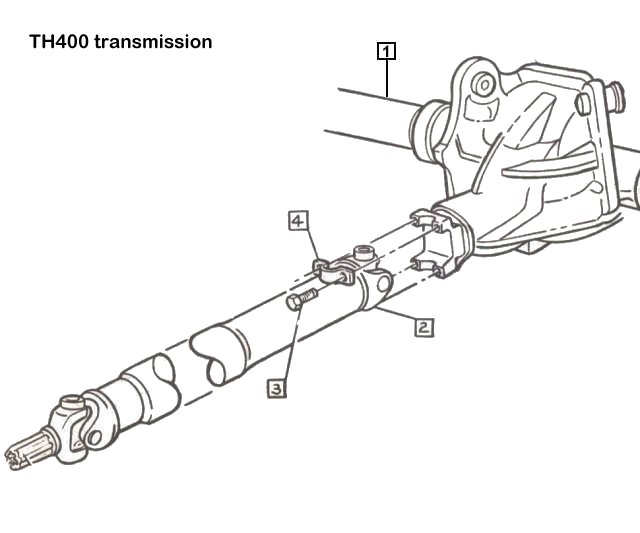
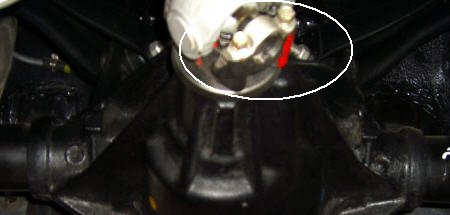
Bucket Seat Piping

Correct - note piping only on the seat back.

Incorrect - note piping on seat back (correct) and seat bottom (incorrect)
1967 Chevelle Links
- Only items in ALL CAPS and with an asterisk ( * ) are active
- PRODUCTION NUMBERS *
- Vehicle Identification Number
- Engines
- TRANSMISSIONS *
- Rear Axle
- Interior Trim
- Exterior Paint
- Interior/Exterior Combinations
- Regular Production Options
- Dealer Installed Accessories
- SS 396 *
- FACTS/TRIVIA *
- Trim Tag Data
- PLANT PRODUCTION NUMBERS *
- TIRES & WHEELS *



